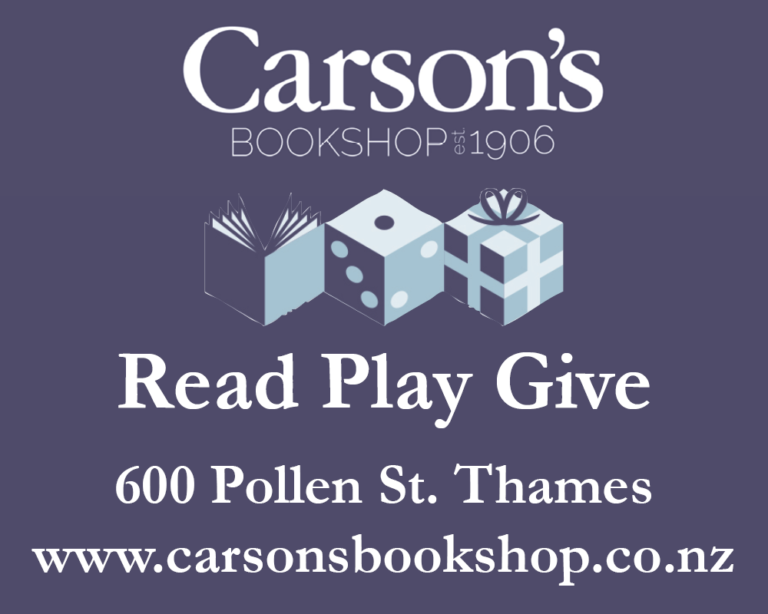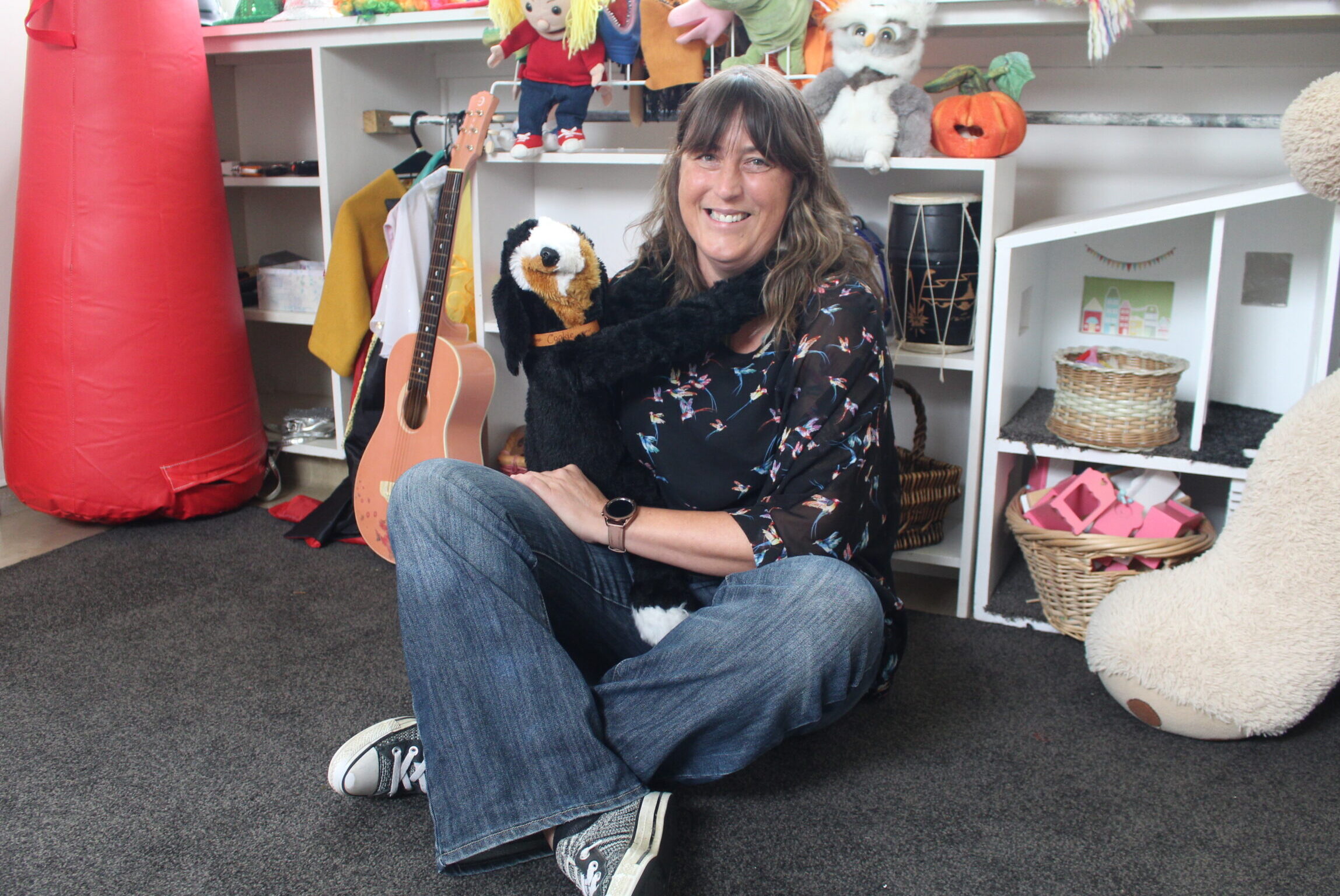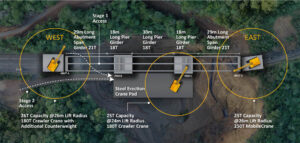A Ngātea-based play therapist said addressing mental health challenges through play for children and young people had become more recognised.
Debbie Mills, who has worked in the profession for around 28 years both in New Zealand and the United Kingdom, told The Profile she had offered her expertise in the Thames Valley for the past three years.

“Play therapy is becoming more and more recognised as the children’s language, because you often get a child into the counselling space and to find the right words to communicate how they feel can be quite challenging,” she said.
“But to use play as therapy and to express themselves through puppetry, or sand therapy, or creative therapy, or expressive play, is much easier on the child than it is to find the words.”
Debbie said she had been gifted a room for her play therapy service, which is called Ripples, at Ngātea Primary School in Term 3 last year, where she has treated 20 patients to date.
“It is a privilege to be able to provide support to our local families in Ngātea through Ngātea Primary School, with thanks to the board of trustees, principal and staff who recognise the value in play therapy with children going through tough stuff,” she said. She is also contracted to provide play therapy at Goldfields School in Paeroa, Kerepēhi School through CAPS Hauraki, and to a range of organisations including Oranga Tamariki and Leukaemia and Blood Cancer New Zealand.
Debbie, who lives in Te Kauwhata, said she used a range of specialist toys to enable children to release feelings that may be impacting their mental health.
“Puppets for example are a specialist play item, if you’re coming in for therapy and you’re feeling very worried or anxious about something and you put a puppet on your hand, you can talk about your feelings through the puppet,” she said.
“It feels so much safer than what it would be talking to me right now without that on.”
Debbie said children had also benefited through a specialist punching bag called a bobo, and costumes. “A bobo allows the child to express their emotions by punching it but also by loving it, snuggling it, putting wigs on it and I’ve had tutus put on it,” she said.
“Dress ups are also important because when [children are] dressed up as a pirate or a police officer, often they’ll talk through what’s happened or re-enact what’s happened, and they’re safe doing it because they’re dressed up.”
Debbie said the public would be surprised how many adults also benefit from play therapy.
“There’s nothing more powerful than giving an adult a piece of clay and saying to them ‘sculpt the worst thing that has happened to you in the last year’,” she said.
“Once I’ve allowed you that time to sculpt it, I would then say to you ‘I want you to now name that item that’s in front of you that you’ve just sculpted’. Because what I’m doing is taking you out of that first person and into the third person.
“Then I would say to you ‘what would you like to say to this thing that has happened to you’, and you would say it, and then I would encourage you to say it louder, and then I would encourage you to say what you think it would say back to you.”
Debbie said she would then encourage the patients to destroy their clay sculpture, which allows them to release their feelings.




